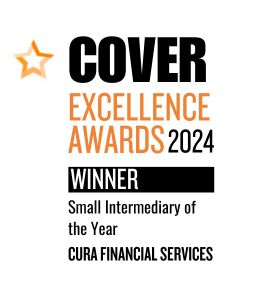5 Things To Know About Life Insurance and Diabetes 2023
Request a Callback
By clicking on submit I / We give consent for you to call me / us on the number provided to discuss my / our financial requirements.
Caring - Understanding - Reliable - Advice
Home » Guides & News » 5 things to know about life insurance and diabetes 2023
 5 Things To Know About Life Insurance and Diabetes 2023
5 Things To Know About Life Insurance and Diabetes 2023
1. Your HbA1C is very important
Here is the way that insurers tend to view HbA1C levels:
- Over 5.5-6% or 37-41 mmol/mol – you have diabetes
- 6-7% or 42-53 mmol/mol – your diabetes is well controlled
- 7-8% or 54-63 mmol/mol – your diabetes control is ok
- 8-9% or 64-73 mmol/mol – your diabetes is above the ideal level
- 9-10% or 74-85 mmol/mol – your options for insurers that can accept your life insurance application will be reduced
- Over 10% or 86 mmol/mol – your life insurance will probably need to be placed with specialist insurers
2. Pre-diabetes needs to be disclosed
- Excess blood sugar
- Impaired glucose tolerance
Your pre-diabetes will fall into these two disclosures and it’s really important that you do say yes, if you have been told you are pre-diabetic.
3. Your premiums are likely to be higher
- £5 per month with a 50% increase becomes £7.50 (£5 x 1.5)
- £5 per month with a 100% increase becomes £10 (£5 x 2)
- £5 per month with a 150% increase becomes £12.50 (£5 x 2.5)
4. Other conditions matter too
- High BMI
- High blood pressure
- High cholesterol
- Eye problems (retinopathy)
- Nervous system problems (neuropathy)
Any of these can quickly influence the choice of insurer and insurance product for you. With life insurance applications your HbA1C, linked health conditions and range of symptoms will determine if your application is accepted online or if they will ask to see a report from your GP.
A report from your GP can seem a bit strange or intrusive. It really isn’t meant to be. The insurer can only ask for this report with your expressed permission. It can also be really positive as it means the insurer has a clear official record of your health before they offer you life insurance.
5. Critical Illness Cover and Income Protection
Our award winning advisers will find you the best life insurance policy and insurer to match your needs. Get in touch with us today for a no obligation quotation.
Related blogs
Categories: Life Insurance
Client Reviews








Talk to a Friendly Adviser
Get a Quote
What We Offer?
- Experienced and knowledgeable advisers
- Specialist advice with no fees to pay
- Full assistance with all of your paperwork
- Put your policy into trust at no cost
- A dedicated insurance adviser for you
Our Recent Awards






















